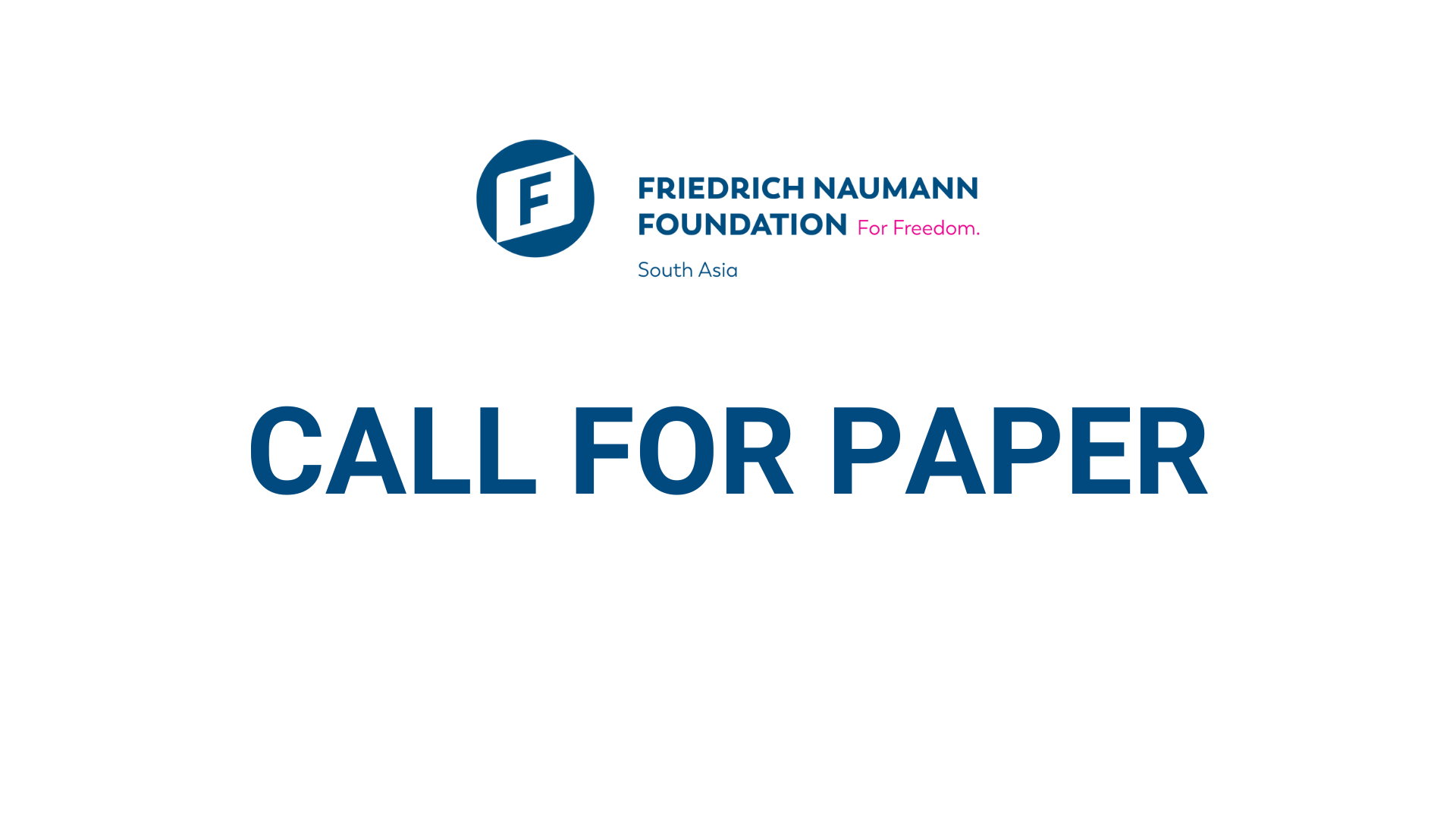Call for Paper
Global Security Implications of the Bay of Bengal

Background
The Bay of Bengal region occupies a pivotal position in global geopolitics, particularly within the context of the emerging Indo-Pacific framework. Its strategic significance is underscored by its proximity to the Malacca Strait, a crucial chokepoint for China's energy imports, emphasizing its role in securing sea lanes of communication (SLOC). The shift in the global geopolitical and geo-economic center to the Indo-Pacific has heightened attention on this region, emphasizing the emergence of the Indo-Pacific as a unified strategic entity. This shift has underscored the strategic significance of BIMSTEC as a vital mechanism for enhancing connectivity between the littorals of these adjoining ocean spaces. Moreover, BIMSTEC plays a significant role in framing the Bay of Bengal as a common security area and serves as a platform for member states bordering the Bay of Bengal to address various security challenges, like piracy and armed robbery, human trafficking, arms and narcotics smuggling, Illegal, Unreported and Unregulated Fishing(IUU) etc. The region's growing geopolitical competition among major powers like the US, China, Japan, Australia and India heightens concerns regarding security dynamics for littoral countries in the region. At the recent summit, BIMSTEC delineated seven main areas of collaboration, with security being a focal point, led by India. Moreover, the Indo-Pacific strategies of the Western countries also identify India's importance as having the potential to shape regional dynamics beyond its immediate vicinity.
Project Scope
The project aims to highlight the importance of the Bay of Bengal in regional geopolitics and examine whether, and of what kind, a comprehensive security architecture is needed in the region. It aims to examine India's interests in the region and how it can take a lead, while involving other regional and global powers, in maintaining stability in the region. The paper is also expected to suggest actionable liberal recommendations to different stakeholders.
Requirements
- Relevant work/educational experience of at least 5 years in the field of international relations, security studies, area studies, political sciences, or other related fields
- Knowledge of regional geopolitics and traditional and non-traditional scenarios of the Bay of Bengal Region and the larger Indo-Pacific region
- Experience in primary and secondary research projects independently
- Demonstrated proficiency in high-quality succinct error-free writing in English
- Ability to articulate research content to varying audiences in English
- Ability to communicate ideas clearly and concisely and adapt messages to different interlocutors, including government partners, policy influencers, team members, researchers, partner organizations, and donors.
Prescribed style
- The targeted length of the paper is 4000 words excluding references. Submissions should adhere to academic standards, incorporating relevant citations, empirical evidence, and analytical rigor.
- FNF will provide the authors with a template for the policy paper to follow
- FNF follows in-text citation and Harvard Referencing Style
- Use footnotes whenever relevant.
- The first draft of the paper is to be submitted by August 30th, and the final paper by September 30th after feedback from FNF and editors.
How to apply
Scholars, academicians, and practitioners are encouraged to submit their Table of Contents, CVs, and expected remuneration to Bipin.Ghimire@freiheit.org by 07 June 2024.
Only shortlisted authors will be contacted.